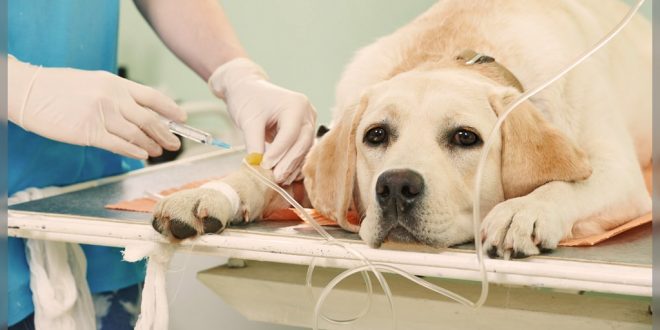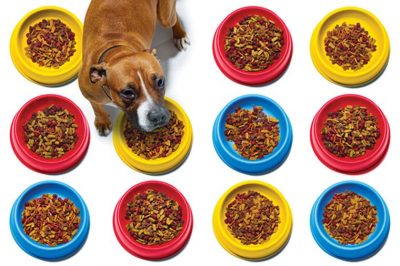
A recent hypothesis released by The University of Melbourne builds a tenuous link between a rare debilitating condition in dogs known as APN, the bacteria campylobacter as a suspected trigger, and raw chicken necks in which the bacteria may be present.
The bacteria campylobacter can be transmitted by means other than raw chicken, such as contaminated water or by faeces. This makes any dog who is socialised with other dogs or drinks from a shared water source a potential carrier of the bacteria, which can be found in 22% ~ 49% of average dog populations. None of these factors are considered in the research.
The study states campylobacter is considered (i.e. not scientifically proven) to be a triggering agent in up to 40% of the equivalent syndrome in humans, known as Guillain-Barré syndrome (GBS). This is in humans, not dogs. A range of triggers of GBS in humans have been identified, inclusive of a range of viruses, yet this research specifically targets campylobacter as a possible trigger, then associates the bacteria with raw chicken necks as the source.
This isn’t scientific proof, it’s a hypothesis. It suggests a correlation which may or may not be correct.
Let’s consider an aspect of the research which has been widely overlooked:
More than 50% of the 27 dogs tested TESTED NEGATIVE for campylobacter despite showing symptoms of APN.
This suggests raw chicken necks were not the cause in the majority of the test group.
The research was flawed from the beginning. The University of Melbourne research team set out to find a correlation between raw chicken meat and APN. They didn’t set out to establish possible causes or triggers, they set out to establish a link between one thing and the other. If they set out to establish a link with dogs who have licked another dog’s butt or drank from a shared water bowl they would’ve reached the very same conclusion.
Research must be conducted to investigate a correlation between high-carbohydrate dry dog foods and kidney failure. To ensure conclusive research a larger subject group should be studied, as 27 affected dogs would not reach conclusive proof. Kidney failure in dogs is much more common than APN which makes research such as this very easy to conduct.
In order to keep the research simple and unbiased only one question needs to be asked to owners of dogs suffering kidney failure:
What is the predominant diet of your dog?
□ Commercial dry food
□ Other
The findings will be conclusive.





